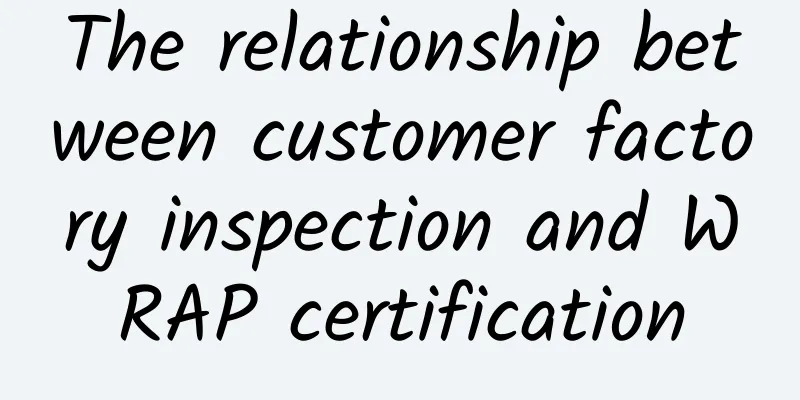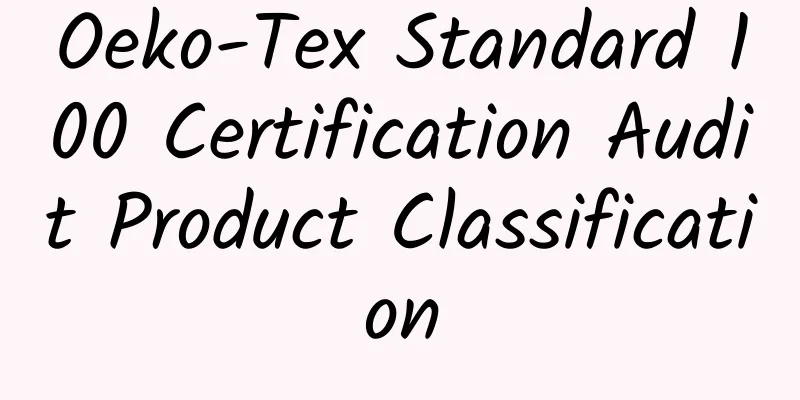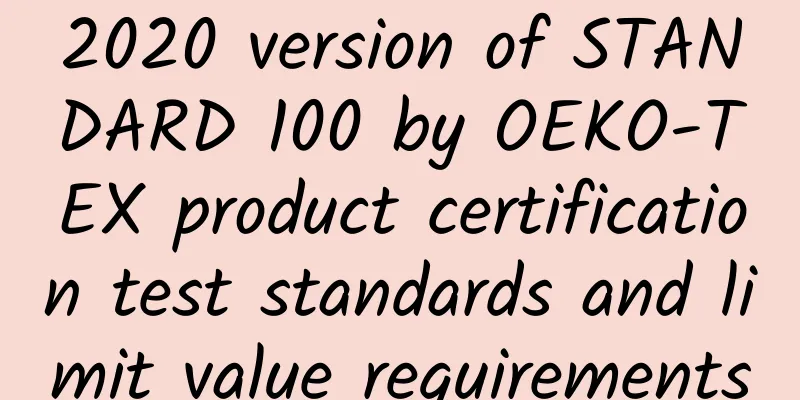The relationship between customer factory inspection and WRAP certification

|
Factory inspection is simply that the business itself or entrusts a third-party organization to inspect the factory to see if it meets its requirements. Factory inspection is nothing more than three aspects: social responsibility inspection, anti-terrorism inspection, and quality inspection. If you pass these certifications, you will become a supplier. Among them, social responsibility factory inspection is also called moral factory inspection and human rights factory inspection. It mainly includes child labor, forced labor, discrimination, freedom of association, wages and benefits, working hours, environment, health and safety, etc. There are two anti-terrorism factory inspections today, C-TPAT and GSV. Including physical security, procedural security, personnel security, information security, logistics security, anti-terrorism awareness training, access control security. Quality factory inspection includes raw material control, production process control, finished product inspection, and customer complaint system. The social responsibility factory inspection adopts the WRAP standard. The benefits of passing the factory inspection and the principles to be followed: |
>>: Six key points to note in the factory inspection process
Recommend
What is the threshold for entering eBay? What are the advantages and disadvantages of entering eBay?
It is completely free to register on eBay, but to...
What is Photobucket? What is Photobucket's operating model?
What is Photobucket? Photobucket is a website tha...
What is Rakuten? What business does Rakuten have in China?
What is Rakuten? Rakuten, also known as Rakuten C...
Dollar General Factory Inspection Document Review Checklist
1. Factory rules and regulations and employee welf...
What is Little Bee Digital Fishpond? What are the characteristics of Little Bee Digital Fishpond website building?
What is Little Bee Digital Fishpond? Hangzhou Hua...
Why do I need to register a Spanish VAT account? What information and procedures are required to register a Spanish VAT account?
Why should I register a Spanish VAT account? The ...
What are the ways to withdraw money from eBay? Come and find out!
Some readers asked me, what are the current ways ...
Avon's direct sales model may transform into retail
The global economy is declining, and many multina...
Amazon launches new program! How to obtain the Climate Friendly Commitment label?
Amazon founder and CEO Jeff Bezos has pledged tha...
If eBay wants to do well, what are the methods it must know?
How do eBay sellers want to get more sales? If yo...
What is FreeDigitalPhotos? What are the features of FreeDigitalPhotos?
FreeDigitalPhotos.net is a website that provides ...
Common chemical problems and solutions during BSCI factory audits (III) Chemicals left randomly on the ground
Problem phenomenon: Chemicals are placed everywhe...
Newegg five business template blocks
In order to accurately target consumer groups, Ne...
Woolworths Quality Inspection Document List
Woolworths Quality Inspection Document List 1. Bu...
The most complete definition of CmiA is here!
CmiA Cotton Cotton produced by CMIA-certified cot...









